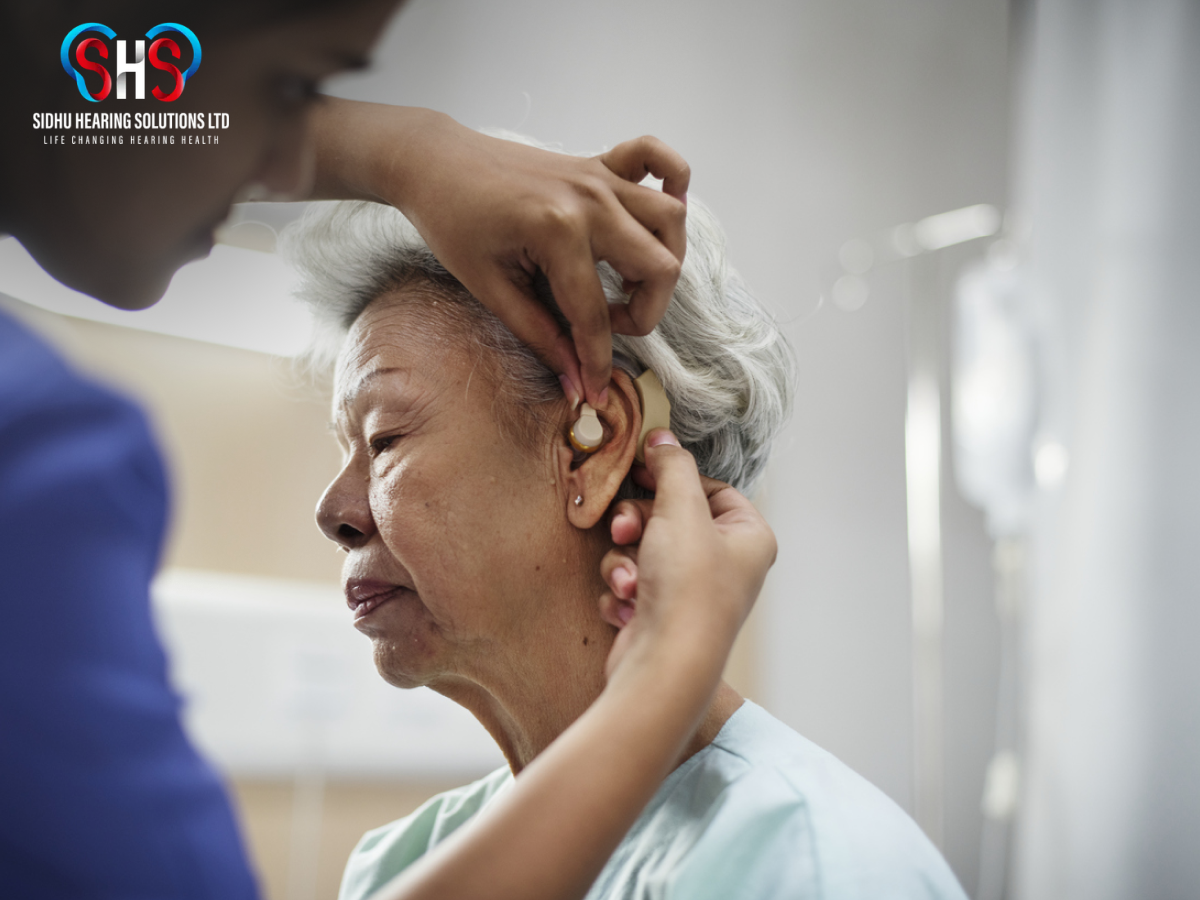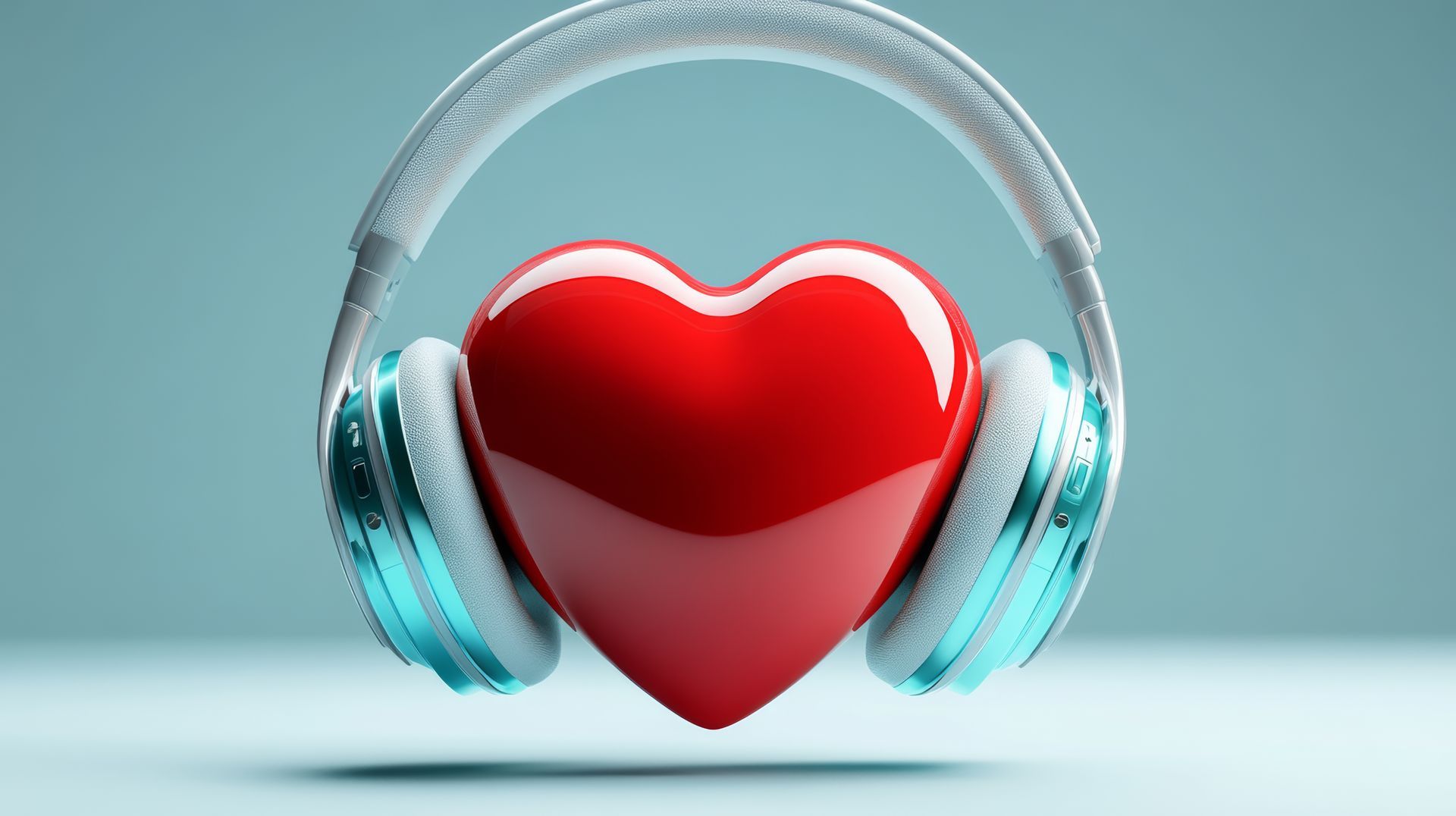Stay engaged: How better hearing keeps you connected to the world
As an audiologist, I have seen how hearing loss can affect people's quality of life. Hearing loss can make it difficult to communicate with others, enjoy social activities, and stay informed about what is happening around you. It can also lead to feelings of isolation, frustration, and depression.
But hearing loss does not have to limit your engagement with the world. There are many ways to improve your hearing and enhance your listening experience. In this blog post, I will share some tips and advice on how to stay engaged with the world through better hearing.
Tip 1: Get your hearing checked regularly
The first step to better hearing is to know your hearing status. Many people are unaware that they have hearing loss, or they may ignore the signs and symptoms. Some common signs of hearing loss are:
- Having trouble hearing people on the phone or in noisy environments
- Asking others to repeat themselves or speak louder
- Turning up the volume on the TV or radio
- Missing out on sounds like birdsong, doorbells, or alarms
- Feeling tired or stressed after listening for a long time
If you notice any of these signs, or if you have a family history of hearing loss, you should get your hearing checked by a qualified audiologist. An audiologist like me, can perform a comprehensive hearing test and diagnose the type and degree of your hearing loss. They can also recommend the best treatment options for your specific needs and preferences.
Tip 2: Use hearing aids or other assistive devices
One of the most effective ways to improve your hearing is to use hearing aids or other assistive devices. Hearing aids are small electronic devices that amplify sounds and deliver them to your ears. They can help you hear better in various situations, such as conversations, meetings, lectures, music, and TV.
Hearing aids come in different styles, sizes, and features. Some are worn behind the ear, some are inserted in the ear canal, and some are even invisible. Some have wireless connectivity, noise reduction, feedback cancellation, directional microphones, and rechargeable batteries. Some can be controlled by a smartphone app or a remote control.
The best way to find the right hearing aid for you is to consult with an audiologist. They can help you choose a hearing aid that suits your lifestyle, budget, and cosmetic preferences. They can also fit and program the hearing aid for optimal performance and comfort. Ask me for more advice and tips!
Other assistive devices that can help you hear better include:
- Amplified phones that make the caller's voice louder and clearer
- TV listeners that allow you to adjust the volume and tone of the TV sound without disturbing others
- Loop systems that transmit sound from a microphone or speaker directly to your hearing aid or cochlear implant
- Alerting devices that use flashing lights or vibrations to notify you of sounds like doorbells, smoke alarms, or baby cries
Tip 3: Practice good communication strategies
Another way to improve your hearing is to practice good communication strategies. These are techniques that can help you communicate more effectively with others, especially in challenging listening situations. Some examples of good communication strategies are:
- Choose a quiet and well-lit place for conversation
- Face the speaker and maintain eye contact
- Ask the speaker to speak clearly and at a normal pace
- Use visual cues like gestures, facial expressions, and lip reading
- Repeat or rephrase what you heard to confirm understanding
- Ask for clarification or repetition if you miss something
- Avoid interrupting or finishing the speaker's sentences
- Be honest and assertive about your hearing needs
Tip 4: Stay active and social
The final tip to stay engaged with the world through better hearing is to stay active and social. Hearing loss can make you feel isolated and withdrawn from others, but it is important to maintain your social connections and hobbies. Research has shown that staying socially active can improve your mental health, cognitive function, and overall well-being.
Some ways to stay active and social with hearing loss are:
- Join a support group or a club for people with hearing loss
- Participate in activities that you enjoy, such as sports, arts, music, or volunteering
- Learn new skills or hobbies that stimulate your brain and creativity
- Seek professional help if you experience anxiety or depression due to hearing loss
Hearing loss can affect your engagement with the world, but it does not have to stop you from living a fulfilling life. By following these tips and advice, you can improve your hearing and enhance your listening experience. You can also stay connected with your family, friends, and community.
If you have any questions or concerns about your hearing, please do not hesitate to contact me, Sukhina, here at Ealing Hearing Centre. I am here to help you hear better and live better.


Address
Ealing Hearing Centre
64 Northfield Avenue
Ealing
W13 9RR
Ealing Hearing Centre is a trading name of Sidhu Hearing Solutions Ltd a company registered in England and Wales with company number 13649263.
All Rights Reserved | Sidhu Hearing Solutions Ltd
